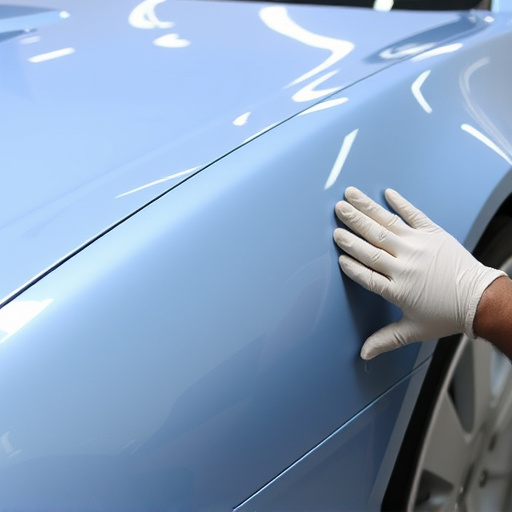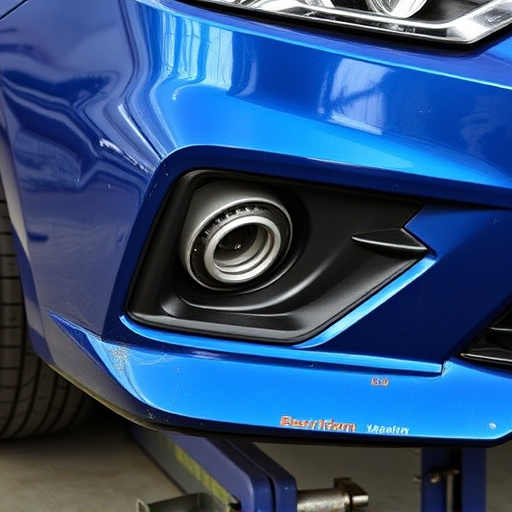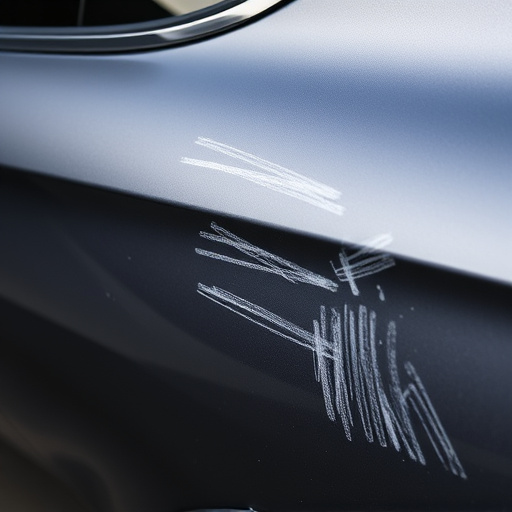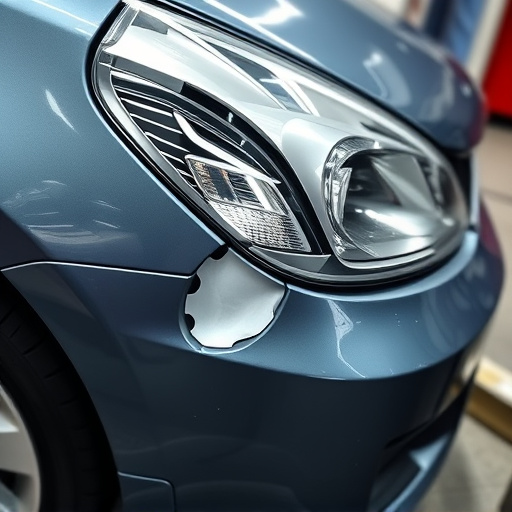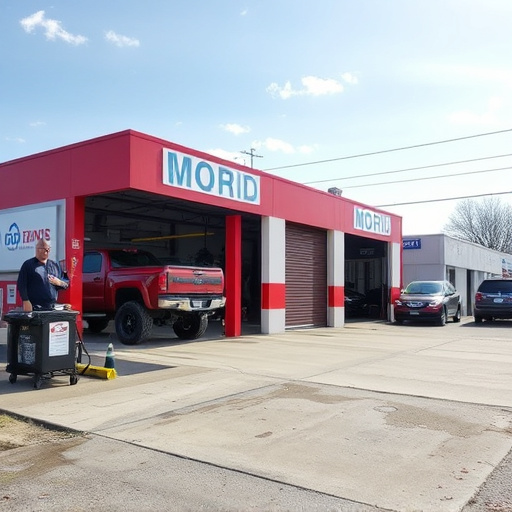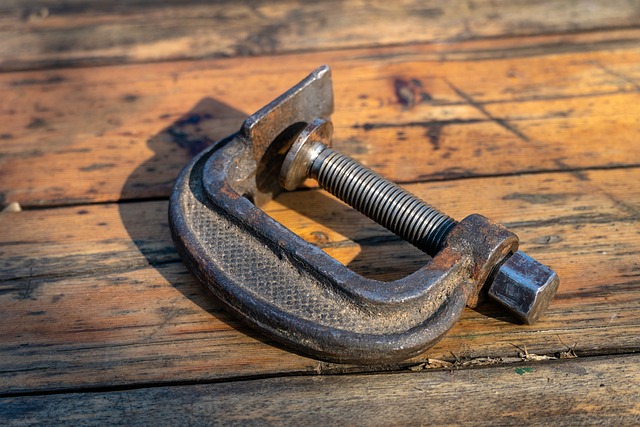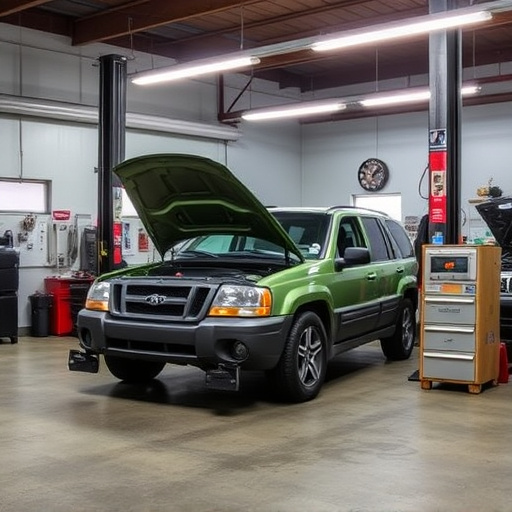Insurers rigorously assess auto body shops' performance and approval status to ensure quality and efficiency in insurance-approved repairs. They evaluate KPIs like cycle time and repair success rates, assess vehicle condition, and check for adherence to industry standards and regulations. Maintaining approval is crucial for shops' longevity and customer satisfaction, achieved through staff training, advanced tools, robust quality control, and positive relationships with insurers.
When insurers reassess shop approval status, it’s crucial to understand the process and its impact on business success. This article delves into the dynamics of insurer reassessments, focusing on key performance indicators that drive repair quality and efficiency. We explore strategic insights for maintaining and improving insurance-approved repair status, enabling shops to navigate this critical aspect of the automotive industry with confidence.
- Understanding Insurer Reassessments for Shop Approval
- Key Performance Indicators: Measuring Repair Quality and Efficiency
- Strategies for Maintaining and Improving Insurance-Approved Status
Understanding Insurer Reassessments for Shop Approval

When insurers reassess a shop’s approval status and performance, they are essentially evaluating the quality and efficiency of the services provided. This process is crucial for maintaining high standards in the automotive repair industry. Insurers look at various factors, such as the shop’s adherence to manufacturer guidelines, the skill and certification of its technicians, and customer satisfaction rates. By regularly reassessing, insurers ensure that only trusted and capable facilities are approved to perform insurance-approved repairs, giving policyholders peace of mind.
These assessments also play a vital role in managing claims costs and maintaining the integrity of vehicle body repair, tire services, and auto glass repair processes. Insurers want to encourage shops to deliver quality work at competitive prices. Through reassessments, they can identify areas where improvements are needed, ensuring that approved facilities meet or exceed industry standards. This, in turn, benefits consumers by guaranteeing a network of reliable and competent repair shops.
Key Performance Indicators: Measuring Repair Quality and Efficiency

Insurers often reassess a vehicle body shop’s approval status and performance by evaluating Key Performance Indicators (KPIs). These KPIs are designed to measure both the quality and efficiency of insurance-approved repairs, ensuring that shops maintain high standards. Metrics such as cycle time – the duration from estimate to repair completion – and first-time repair success rates offer insights into a shop’s operational efficiency.
Additionally, the accuracy of repairs, including auto painting and scratch repair techniques, plays a significant role in customer satisfaction and insurer confidence. Insurers may also assess the overall condition of repaired vehicles, considering factors like panel fit, paint quality, and structural integrity. By tracking these KPIs, insurers can guarantee that approved shops consistently deliver reliable and high-quality vehicle body shop services.
Strategies for Maintaining and Improving Insurance-Approved Status

Maintaining an insurance-approved status for your auto body shop is paramount to ensuring continued business and customer satisfaction. First, staying up-to-date with industry standards and regulations is crucial. Regular training sessions for staff on the latest repair techniques, safety protocols, and insurance requirements will help keep your shop compliant. Secondly, implementing efficient quality control measures can significantly enhance your performance. Utilizing advanced tools and equipment for accurate assessments and repairs, along with a meticulous record-keeping system, ensures that every insurance-approved repair meets or exceeds industry standards.
Additionally, fostering strong relationships with insurance providers through transparent communication and consistent delivery of high-quality collision repair services can lead to better terms and faster approvals. Regularly reviewing and updating your shop’s policies and procedures to align with the evolving needs of both your customers and insurers is a strategic move. This proactive approach not only maintains but also improves your approval status, making your auto body shop a preferred choice for car scratch repair and other damage assessments.
Insurers’ reassessments of shop approval status are crucial for maintaining high-quality, efficient, and insurance-approved repair standards. By understanding key performance indicators and implementing strategic practices, repair shops can ensure their ongoing compliance and competitiveness in the market. Regularly reviewing and improving processes is essential to meeting evolving industry benchmarks and customer expectations.

